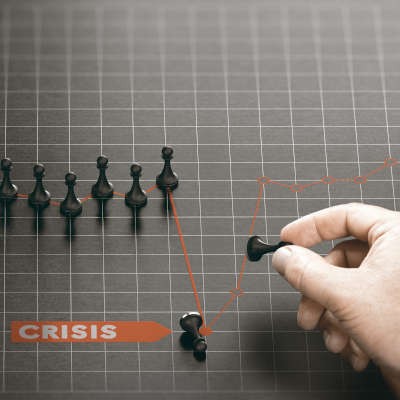One Up Solutions Northwest Blog
Annually, on March 31st, World Backup Day serves as a dedicated reminder to highlight the pivotal role of regular data backups in ensuring the seamless flow of information. While this awareness day effectively emphasizes a foundational best practice, we strongly advocate for an ongoing commitment to the continuous maintenance and safeguarding of backups, extending well beyond the confines of a single day.
Not all businesses will look at disaster recovery the same way, but if you want your business to have the kind of continuity that will allow it to get through tough situations, doing your best to formally create a disaster recovery policy will put you in the position to weather any storm you encounter.
The question this article will present is simple: Does your business have a dedicated data backup and disaster recovery system? A comprehensive backup and disaster recovery platform (BDR) can turn out to be one of the most critical parts of managing a business’ IT infrastructure, and if you don’t have one, you should absolutely get one.
Situations happen all the time to businesses that can really put a lot of stress on their ability to sustain operations. These situations don’t often remediate themselves. Simply put, every business needs a business continuity plan; and one-in-five don’t have one. This month, we thought we would break down a successful plan into its components to try to give businesses that may not have a plan, the basics needed to establish one.
If you have been running a business for any length of time, you definitely don’t need to be told how important risk management is. One problem you see from business owners today is that while they understand just how many problems there are--and which ones they need to find solutions for first--they want to grow their company fast, and as a result, they overlook potential problems and end up hurting their business as a result.
Bad things happen. If your business fails to plan for the worst, when something terrible does happen, you could be looking at disaster. If you have a comprehensive continuity plan in place, however, you have a fighting chance. Let’s discuss some of the elements you absolutely need to address when making your business’ continuity plan.
Every business needs a continuity plan (BCP) so that if their business is forced to deal with problems that arise for any reason, that they have a working plan to get the business back up and operating as intended quickly. It’s one thing to have it all written down on paper, outlining how things are supposed to go, and quite another thing to have a working strategy when faced with operational interruptions. Today, we’ll go through some of the basics of business continuity to help you understand all that goes into a successful plan.









